News
-
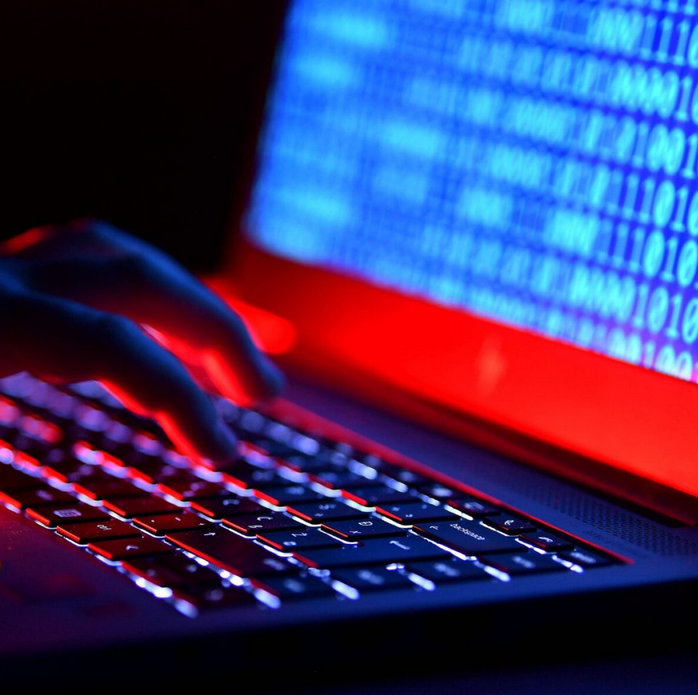
The discussion on the alleged U.S. decision to temporarily halt offensive cyber operations against Russia, raised concerns in Europe. Matthias Schulze participated in this discussion with media appearences in Tagesspiegel and table.media and podcast episode, discussing the consequences such as a likely increased Russian cyber activity in Europe, strategic risks for global security and the EU’s lack of coordinated…
-
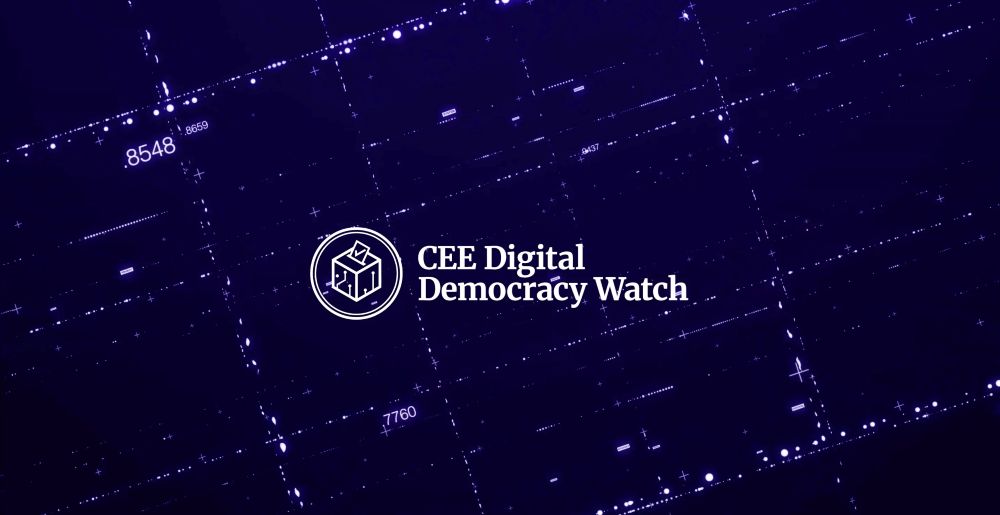
Mateusz Łabuz co-authored a policy paper entitled “Deep Fakes and Sexual Abuse – Law Facing the Challenges of Synthetic Media” (PL version available) published by the CEE Digital Democracy Watch. Together with prof. Mikołaj Małecki and dr Karolina Mania, Mateusz described how cyber-related crimes of creating and sharing non-consensual synthetic pornographic content as well as…
-
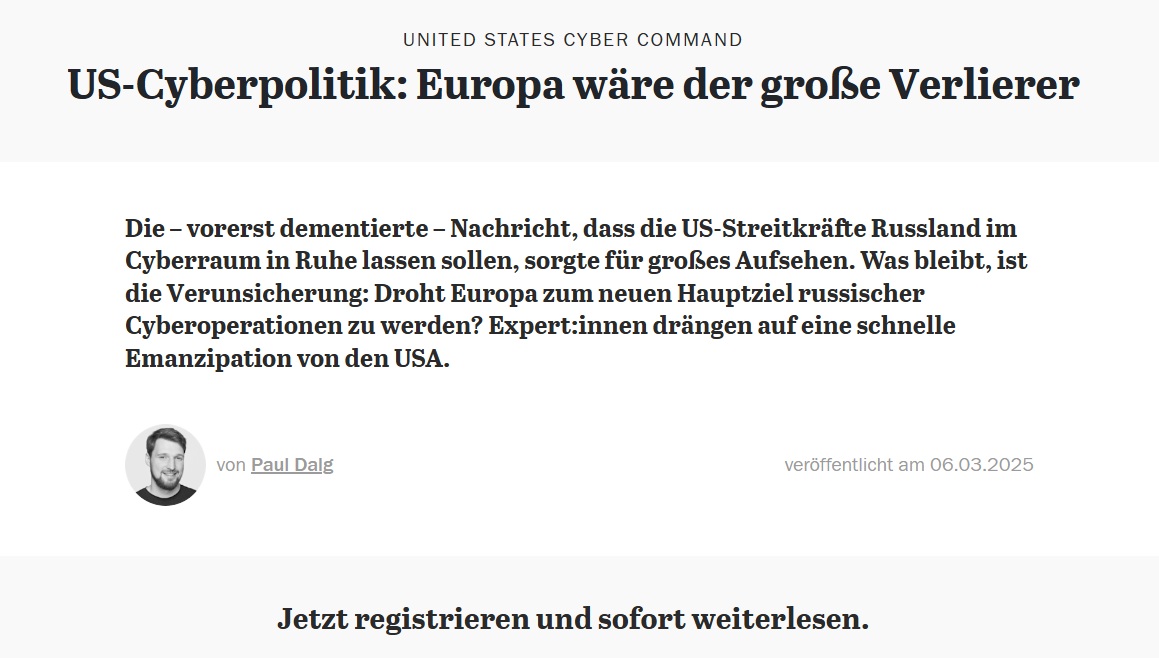
Matthias was asked to comment on Paul Dalg’s article “US-Cyberpolitik: Europa wäre der große Verlierer” published in Tagesspiegel Background. In it, Paul raised the crucial topic of changes in American cybersecurity policy, particularly towards Russia. Does this mean that European countries must consider significantly greater independence and rely less on overseas allies? Matthias comments on…
-
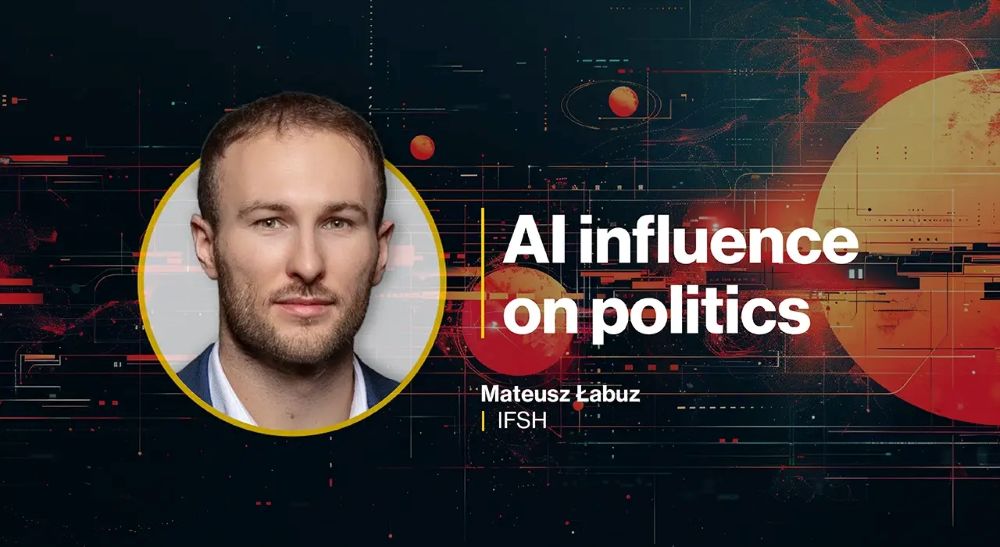
In an interview with Help Net Security, Mateusz Łabuz discussed the balance between using AI for personalized political campaigns and protecting voter privacy. Mateusz also discussed the potential of AI in fact-checking, the regulatory landscape, and the influence of AI on campaign strategies in authoritarian regimes. See the excerpts from the interview: How are global trends in AI…
-

Mateusz Łabuz was a speaker at the Friedenswerkstatt “Konflikte und Konfliktbearbeitung im digitalen Raum” organized by the Evangelical Church in Germany. The event was organized to better prepare social institutions in Germany for the challenges related to the development of modern technologies. In his speech, Mateusz talked about cyber threats and information threats, which are…
-
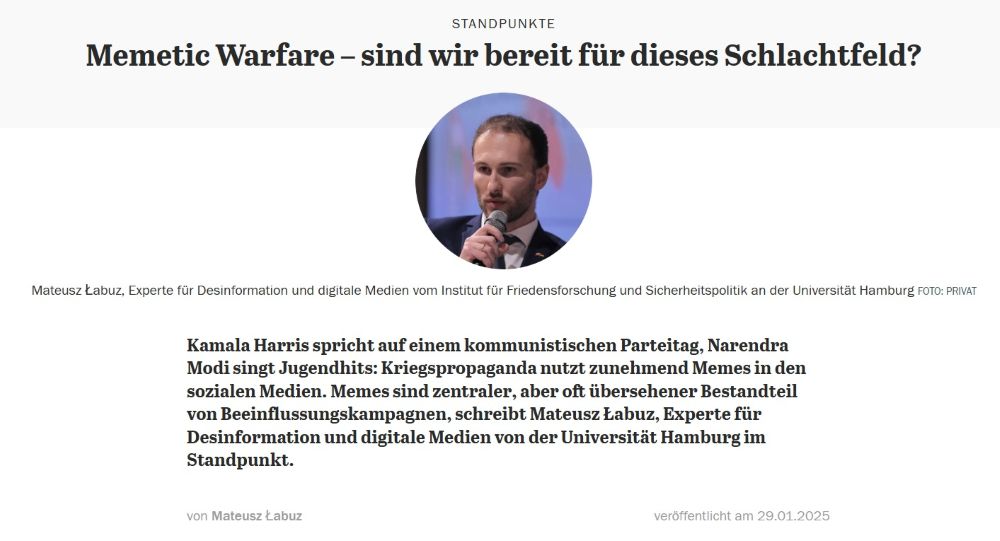
In an OpEd for “Tagesspiegel Background Digitalisierung”, Mateusz Łabuz describes memetic warfare, looking at new forms of conducting cognitive activities aimed at controlling the narrative, and consequently also influencing the perception of reality by recipients. Mateusz draws attention to the relatively low social awareness, which makes societies and democratic systems more sensitive to sophisticated manipulation.…
-

Mateusz Łabuz co-authored a policy report entitled “The Pervasive Influence of AI on Global Political Campaigns 2024”. The report was published by the Future Shift Labs and presented during IPE Campaign Expo 2025 in Cape Town, and during Political Tech Summit in Berlin. The study critically evaluates how AI was used for political campaigning in 2024, analyzing most…
-

Mateusz Łabuz took part in the Promotionskolleg “Sicherheit und Entwicklung im 21. Jahrhundert” seminar organized by Konrad Adenauer Stiftung. He presented a speech on the subject of systemic competition regarding the regulation of artificial intelligence. Mateusz raised numerous issues related to the confronting visions of governance in the field of AI and modern technologies, and…
-
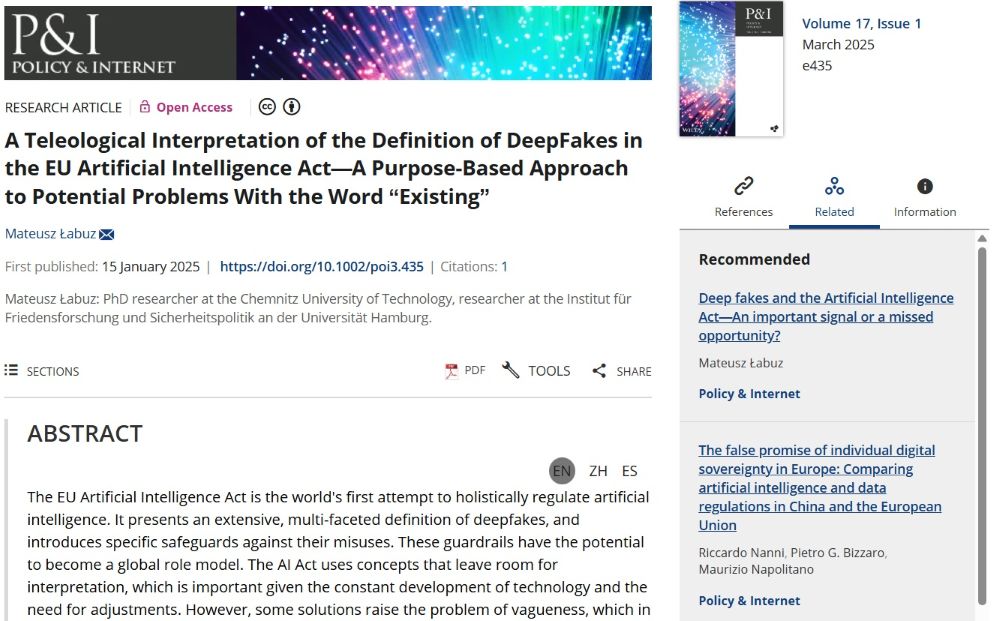
Mateusz Łabuz published a peer-reviewed article entitled A Teleological Interpretation of the Definition of DeepFakes in the EU Artificial Intelligence Act – A Purpose-Based Approach to Potential Problems With the Word “Existing”. The article offers a detailed analysis of the definition of deepfakes in the EU Artificial Intelligence Act. It focuses on the purposes behind…
-
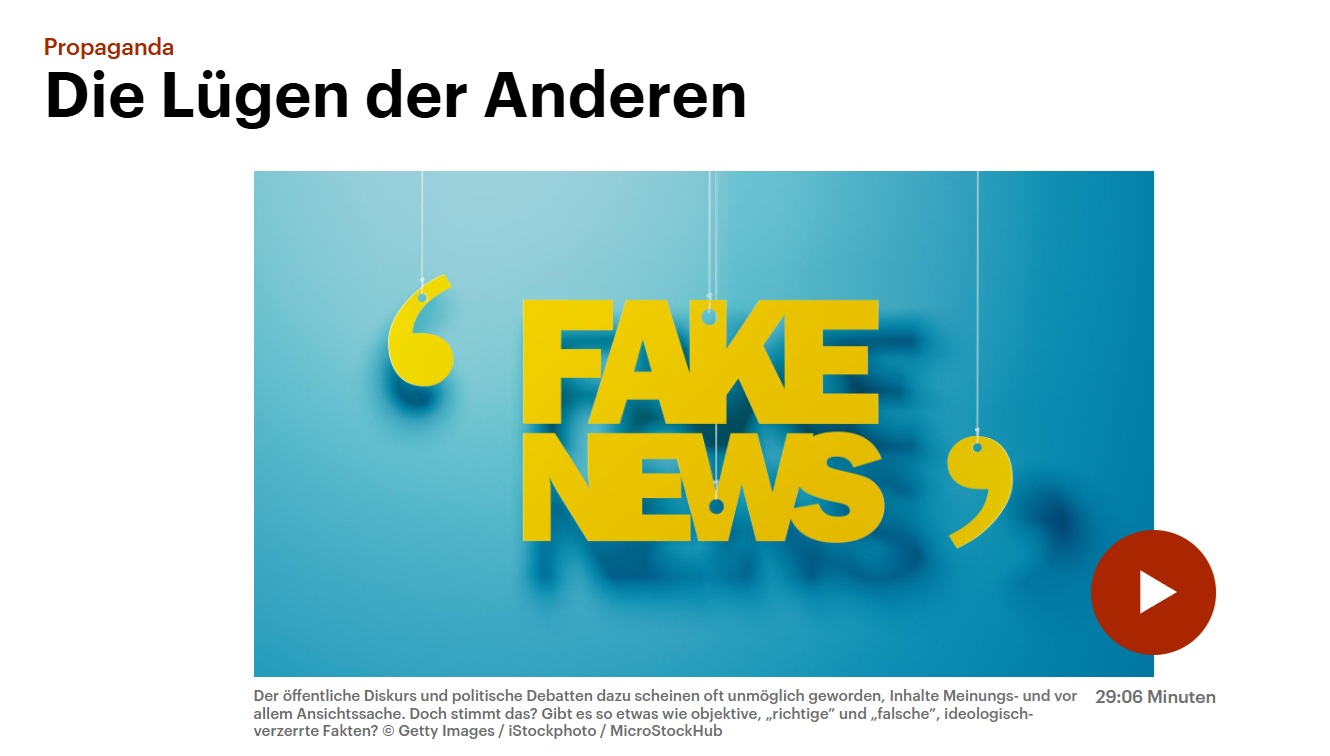
Matthias spoke for Deutschland Funk’s podcast “Die Lügen der Anderen,” which addressed the issue of a post-truth world. These days, we can’t agree on even the most basic issues—often seemingly obvious ones. This isn’t even about politics. How do we navigate a world where truth is becoming a scarce commodity and lies can be spread…
Archive
- Political Tech Summit
- ICS activities in the second half of 2025
- We are hiring!
- Defending democracy against foreign influence campaigns: A wargaming exercise
- Webinar with Cyprus institutions
- Mateusz as a speaker at the GIZ conference
- Mateusz co-authored book
- Matthias joins the BSI conference advisory board
- PROTEKT – Roundtable Espionage & Zeitenwende
- OpEd on strenghtening social resilience
- “Reverse Brussels effect”? Mateusz’s OpEd in The Loop
- OpEd on AI and why Leo XIV chose this name
- Matthias in podcast “Was ist da los?”
- #1 Und DAS glaubst du?! – Ist Desinformation eigentlich ein neues Phänomen? mit Dr. Matthias Schulze
- ICS activities in the first half of 2025
- Matthias in Table Briefings
- Mateusz has just defended his PhD Thesis!
- Annual Peace Report published!
- The Real End of History: AI Shaking Google’s Hegemony
- The Crumbling Foundation of Global Cybersecurity
- Podcast available on recent research activities by Matthias Schulze
- ICS supports research
- Commentary for Tagesspiegel Background
- Matthias in podcast from Deutschland Funk
- Part 2: Doing active cyber defense
- Matthias interviewed by Berlin Security Beat
- Comment for Tagesspiegel article
